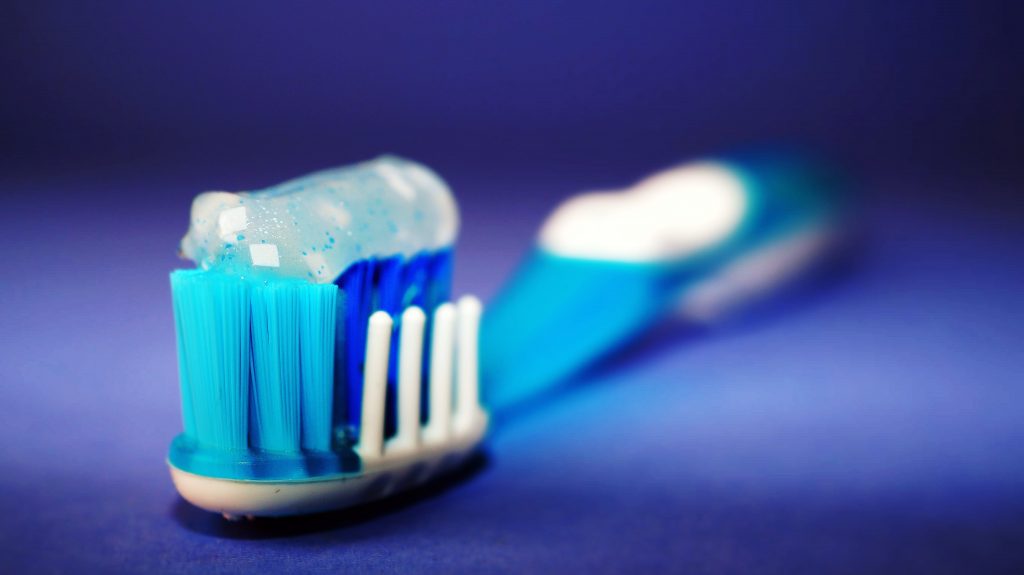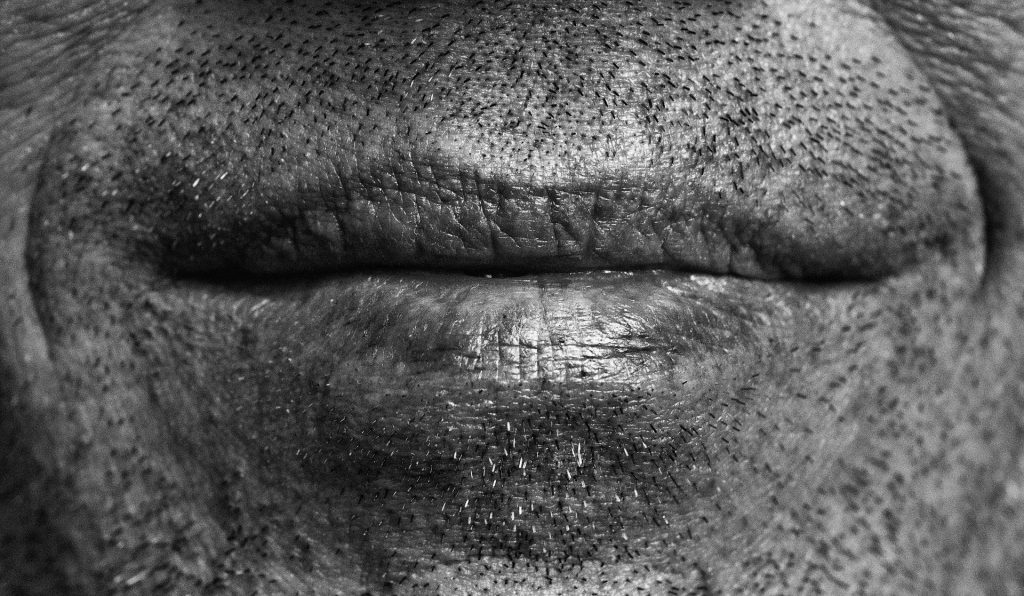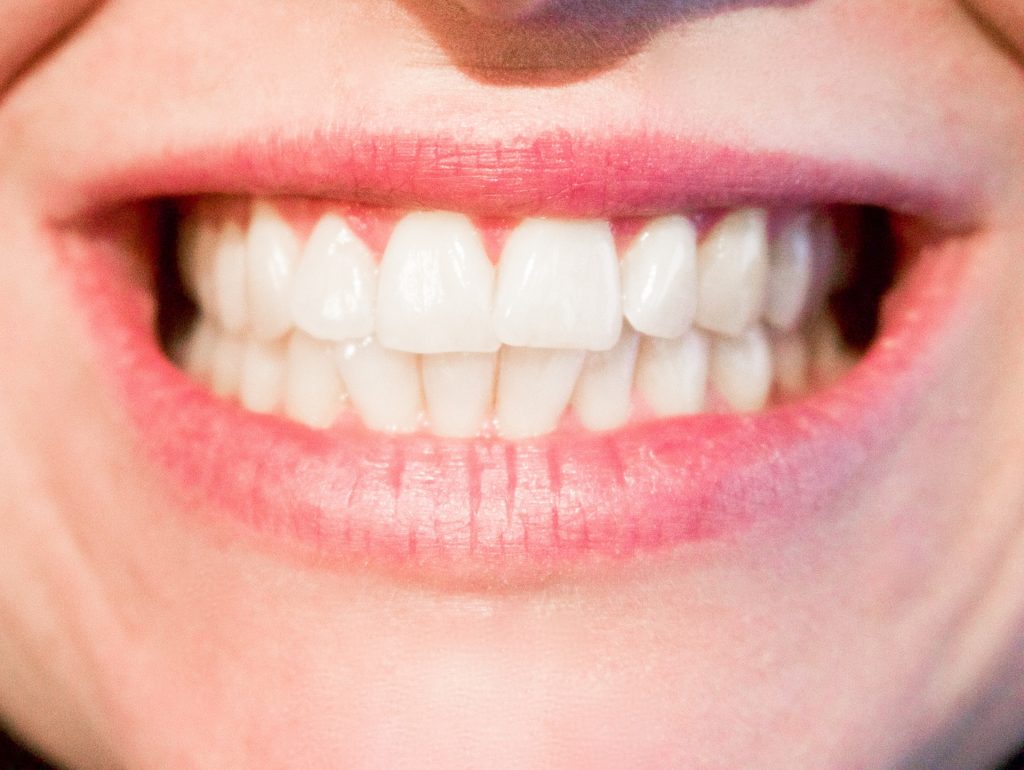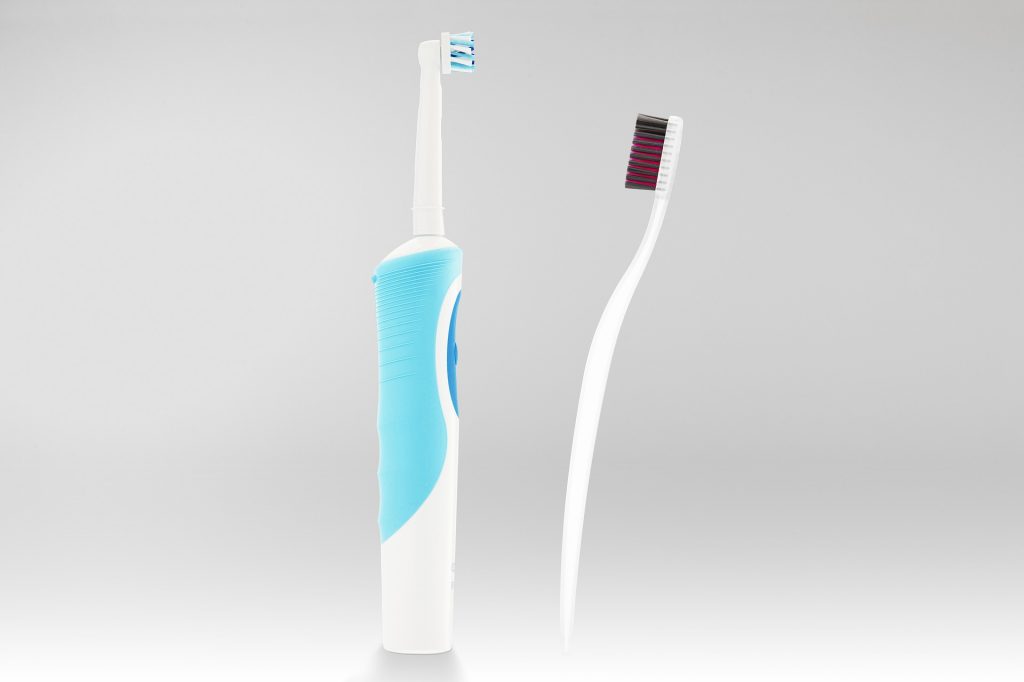Brisbane dentist Dental Treatment
Dental Strength Training
 Generally, people who are over 6 years old are encouraged to use fluoride toothpaste when brushing their teeth. It is also a good idea for children younger than 6 years old to use fluoride toothpaste especially if they are at a particularly high risk of developing dental carries and other unwanted dental anomalies.
Generally, people who are over 6 years old are encouraged to use fluoride toothpaste when brushing their teeth. It is also a good idea for children younger than 6 years old to use fluoride toothpaste especially if they are at a particularly high risk of developing dental carries and other unwanted dental anomalies.
Toothpaste and other products prepared with fluoride are known reinforce dental strength by actively preventing dental decay. Moreover, fluoride helps repair dental surfaces that suffers from a minor case of decalcification, which is typically the first stage of dental decay.
Warning
While fluoride is readily available in most public water supply, constantly growing bodies of related research suggests that it is fluoridated toothpaste that best protects your teeth against dental carries. It is, however, important to remember to always spit out fluoride toothpaste, no matter good the flavor maybe. No toothpaste, to date, has ever been formulated to be swallowed, purposely and in frequent regularity.
What Causes Dry Mouth
 Essentially, dry mouth stems from a prominent lack of saliva production. Saliva is important as it keeps both dental and periodontal surfaces moist enough, thereby neutralizing potential bacteria damage and creating a healthy oral environment.
Essentially, dry mouth stems from a prominent lack of saliva production. Saliva is important as it keeps both dental and periodontal surfaces moist enough, thereby neutralizing potential bacteria damage and creating a healthy oral environment.
While dry mouth isn’t ideal, everyone experiences episodes of dry mouth every now and then. It is in this case that dry mouth is pretty much normal. Persistent and recurring episodes of dry mouth, however, are another thing. Medically referred to xerostomia, frequent episodes of dry mouth maybe symptomatic of improperly working salivary glands.
- Xerostomia. or chronic dry mouth, can result from a number of possible causes. Among the most common of which include:
- Disease. There is a wide of range of unwanted medical anomalies that could easily ruin the salivary glands, and therefore cause dry mouth. These include diabetes, Parkinson’s disease, HIV/AIDS, and Sjogren’s., among many others.
- Medication. At present, 400 different types of medicine are documented to cause persistent dry mouth. Among the most common of which include antihistamines, decongestants, painkillers, diuretics, and anti-depression medication.
The Inner Structures Of The Mouth
 While so much attention is given to your teeth, your mouth consists of so much more these dentals surface. Apart form your pearly whites, your mouth consist of other structures such as the soft tissues of the gums, the oral mucosa, the upper and the lower jaw, the tongue, salivary glands, the uvula, and the frenulum linguae.
While so much attention is given to your teeth, your mouth consists of so much more these dentals surface. Apart form your pearly whites, your mouth consist of other structures such as the soft tissues of the gums, the oral mucosa, the upper and the lower jaw, the tongue, salivary glands, the uvula, and the frenulum linguae.
The Gums
The gums consist of pink periodontal tissues that support your teeth. Much like your teeth, gums play an important role to your overall oral health. Healthy gums are characterized by firm periodontal tissues that cover entire root of your tooth.
Electric Toothbrush Benefits

The electric toothbrush has seen a rather exponential growth in popularity over the recent years. Its recent popularity is not surprisingly built on the premise and the already popular assumption that the electric toothbrush cleans better than manual toothbrush.
Clinical Associate Professor at the Boston University Henry M. Goldman School Of Dental Medicine John Ictech-Cassis explains that, at its very core, the idea of a toothbrush is to remove plaque and bacteria buildup, all while stimulating the gums. And as such, Ictech-Cassis remarks that most toothbrushes, with the right technique, will keep the teeth clean.
What You Need To Know About Dental Insurance

Medicare can only cover so much. More often than not, depending solely on your Medicare for your professional dental needs translates to skipping on your routine dental checkups and even your much-needed dental cleanings.
In the same vein, it also means delaying treatments for simple dental irregularities, like toothache for instance, until it progresses into chronic oral health anomaly like advanced decay or gum disease.
Avoiding this unwanted dental predicament is not only possible, but is easily doable. Dental insurance plans allow for adequate professional dental prevention and intervention. Purchasing dental insurance best increases your chances of keeping your teeth and gums in pristine condition.
Comparing Dental Insurance Plans
Before securing private dental insurance, it is always a good idea to compare different plans covered by each insurance plan. This allows you to determine which one works best for your specific dental needs.
Brisbane Dentist: All Natural Remedies For Bad Breath

Book your appointment online. For patients on their first visit, we offer $0 GAP. If you’re not with Private Health Fund, we offer FREE dental consultation. Call us on (07) 3390 6100.










